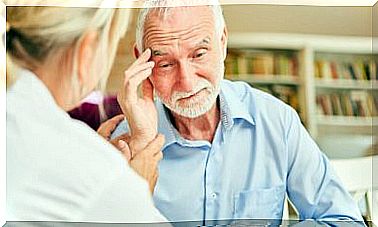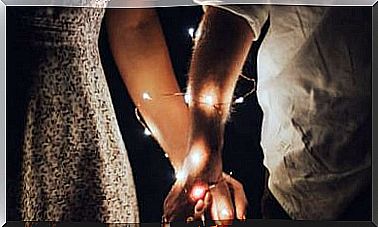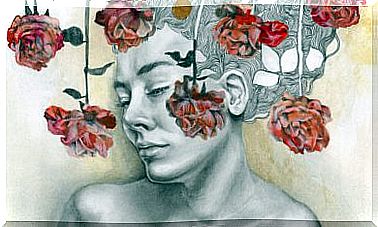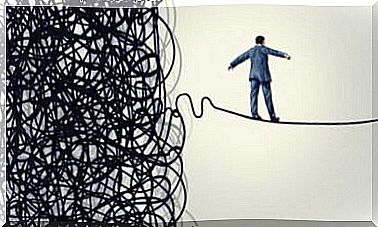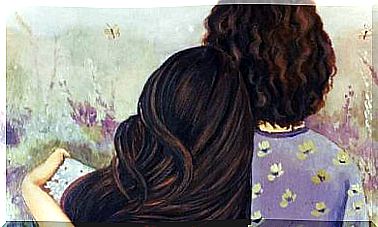The Opposite Of Depression Is Not Happiness, It Is Vitality

The opposite of depression is not happiness, but vitality. Because depressive disorder is not synonymous with sadness exclusively, it is more, sometimes, even feeling sad, we perceive ourselves as vital, wanting to create and express. However, this psychological condition dulls us in every way, quenches the desire, the spirit and above all the hope.
This idea, that of the lack of vitality, was put in evidence by the writer and professor of psychology at Columbia University, Andrew Solomon, in his well-known book The Demon of Depression . In this work, he spoke of his own experience with this disease and also contributed the testimony of a large number of people who dealt with depression for years.
Something that we learn from this book and, above all, from the day-to-day life of those who face this condition – in all its types – is that they lack the strength to live. It is a silent lament of those who feel that they lack everything, of those who do not find meaning in anything and feel trapped by a mind and a body lacking momentum and energy.
Thinking about depression as something monolithic also leads us to error. We are not facing a flu, it is not an infection that can be treated with antibiotics. Those who face depression do not need to be encouraged or made to laugh, because no, what they experience is not sadness. What we need are accurate diagnoses, a multidisciplinary therapeutic approach and greater social awareness.
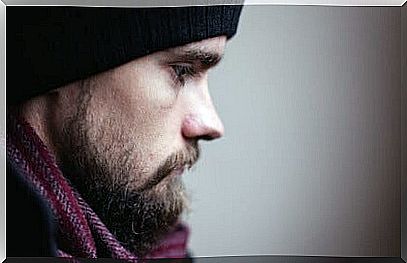
The opposite of depression is not joy or love or happiness
People have an almost innate tendency to categorize everything that surrounds us. Furthermore, we often do it in absolute terms. An example, if you are not happy, it is that you are sad; if you are not calm, you are anxious or worried; the opposite of depression, of course, is happiness.
These approaches, in addition to being erroneous, do not help, especially when we talk about psychological disorders, because in this case, we undoubtedly enter complex personal universes. William Styron, a well-known American writer, gave us an exceptional book entitled That Visible Darkness (1990) where he detailed this very subject. He was severely depressed in his sixties.
He defined this disease as a gray rain that covered everything where he placed his gaze. He felt the presence of death by his side, he had the sensation that some part of his body was broken; but he didn’t know which one. He was also certain that his brain had played an evil trick to turn his mind and every thought against him. He experienced the most scorching heat and cold, all at the same time, in addition to an exasperating loneliness even when accompanied.
Looking at this chaotic, but stark description that Styron made in his book, we understand how multifaceted depression is; it is a reality with so many corners, nooks and crannies, where it makes no sense to define it as simple sadness.
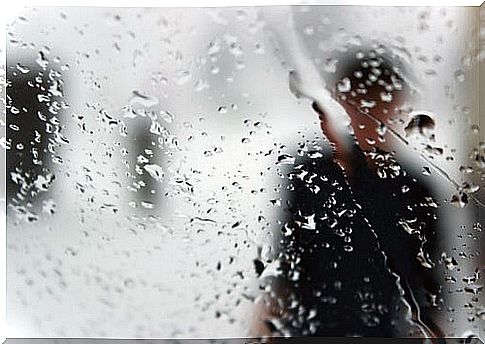
Prozac and the fruitless pursuit of happiness
In 1988 a real revolution took place in the clinical field and in society in general. With the advent of the so-called SSRIs (selective serotonin reuptake inhibitors) and especially with the introduction of fluoxetine ( Prozac was its first brand name) many things changed. The most prominent, that people dared for the first time to talk about their depression without fear.
The Prozac jumped pharmacies to magazine covers in no time, and suddenly, it was common to find more information about mental illness. Fluoxetine was all the rage, especially after Elizabeth Wurtzel’s book Prozac Nation was published in the 1990s.
At that time, society began to see this drug as the solution to all their sorrows, worries and discouragements. The Prozac was seen as the happy pill. Because the opposite of depression was once again that feeling so complete and elevated; hence, many came to go to their medical centers demanding this drug to feel better.
Now, antidepressants do have effects on serotonin levels, they generate greater well-being, but they do not give happiness. What’s more, in most cases they don’t even solve the problem.
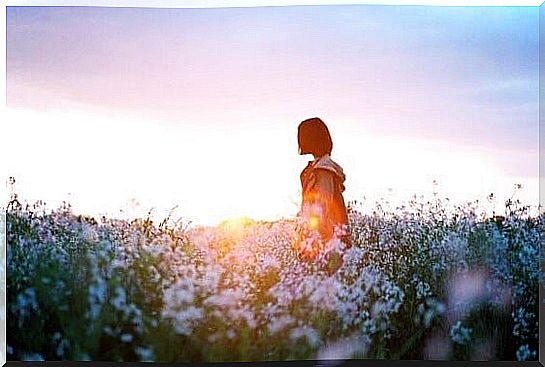
The opposite of depression is the will to live
Depression is more than just a chemical imbalance. It is also a disorder of the mind, the brain, the body … Dr. Alexander Glassman, from Columbia University, even points out that it also affects our cardiovascular health, to the point that someone with depression is more likely to suffer some type of heart disease.
The impact of depression is immense and its anatomy complex. But, even so, it remains treatable as long as we firmly commit ourselves to therapy, to changing habits, mental focuses, purposes and internal dialogues. The objective of all this delicate process will not be to recover lost happiness, nor to leave sadness behind us.
